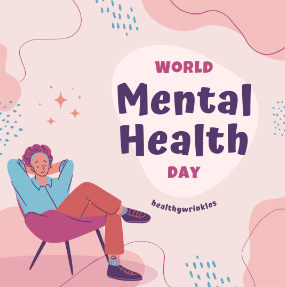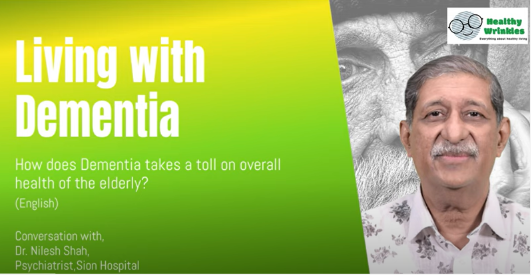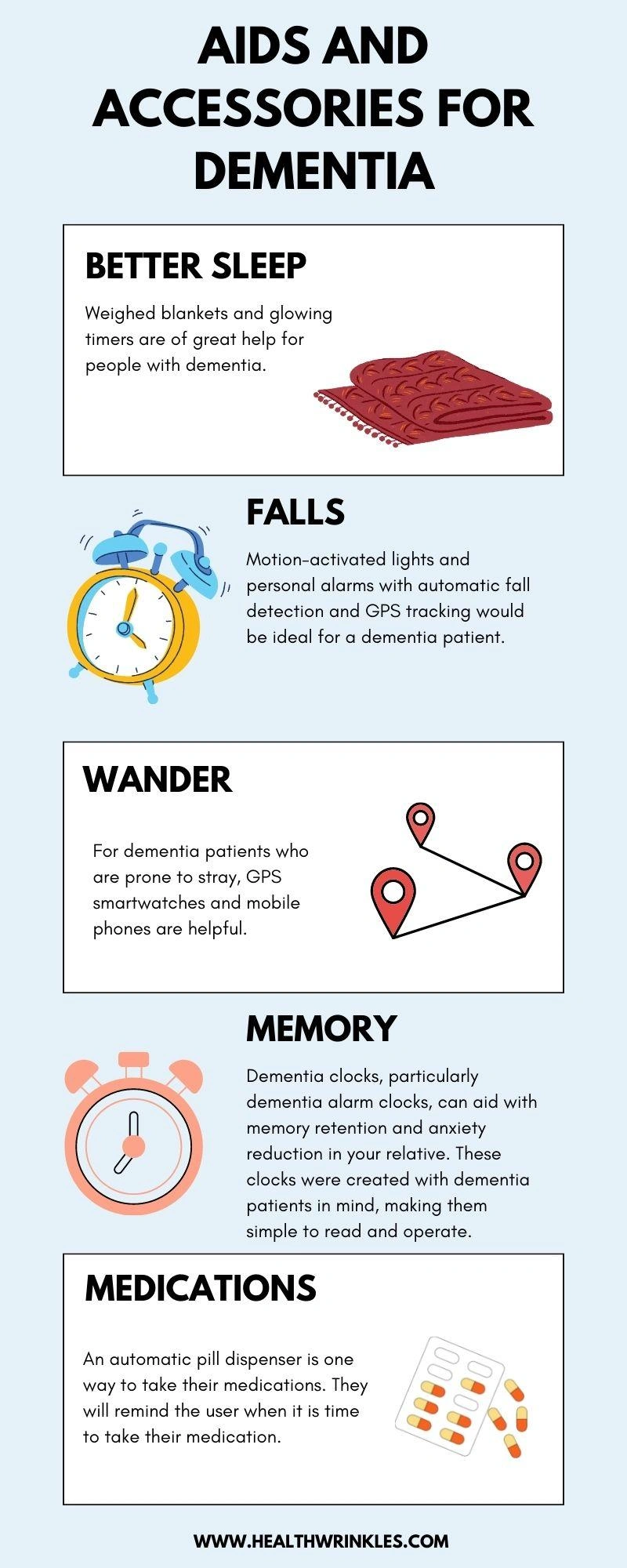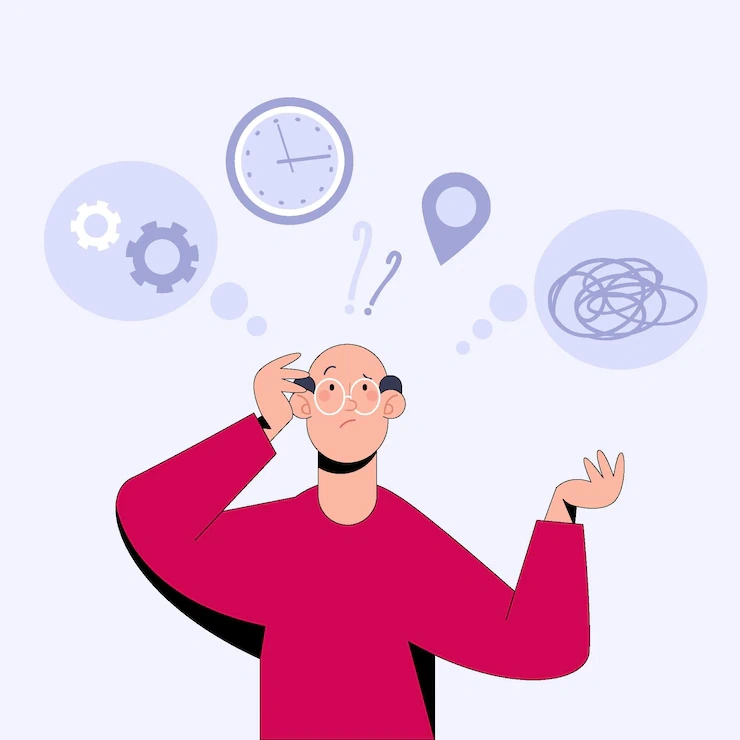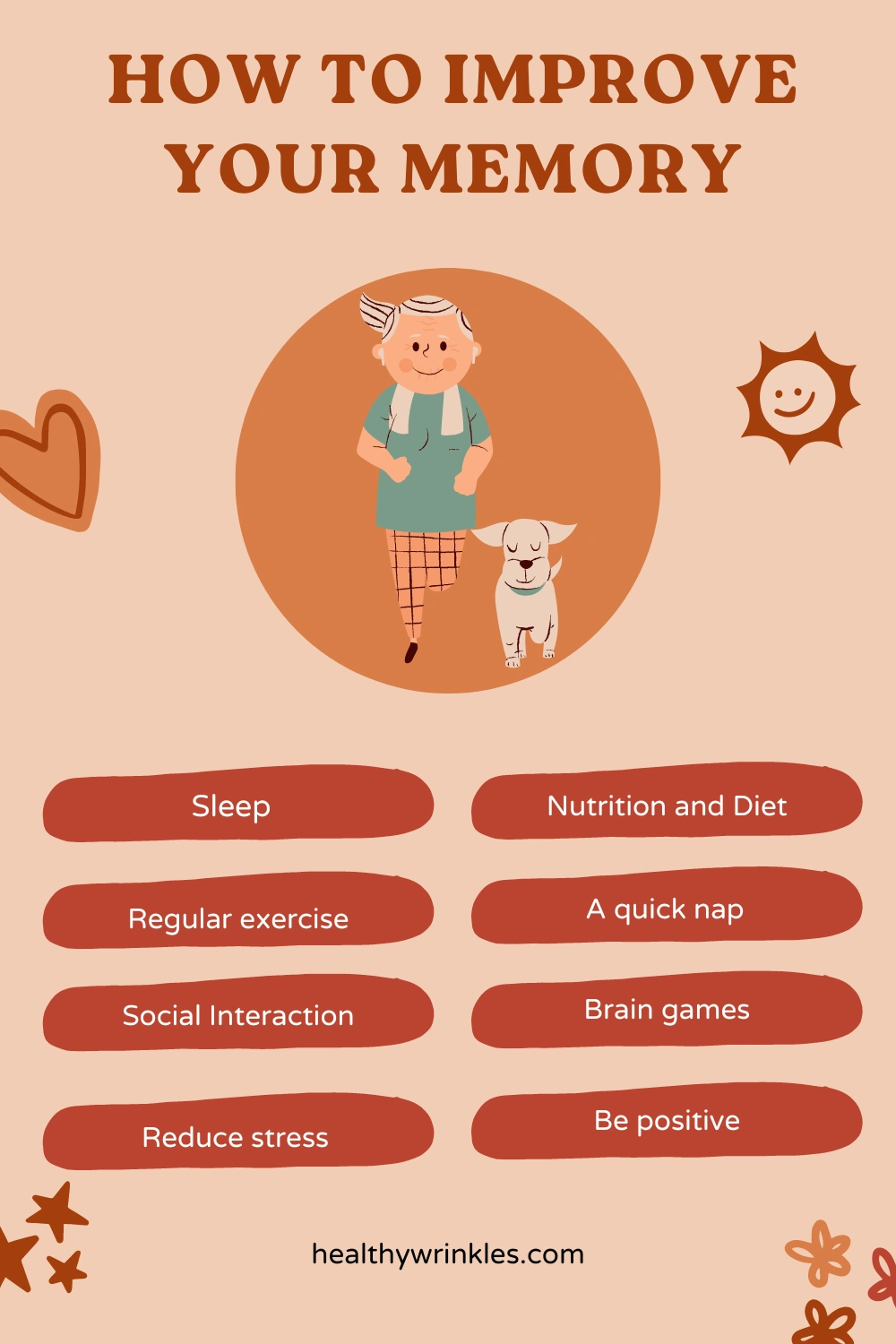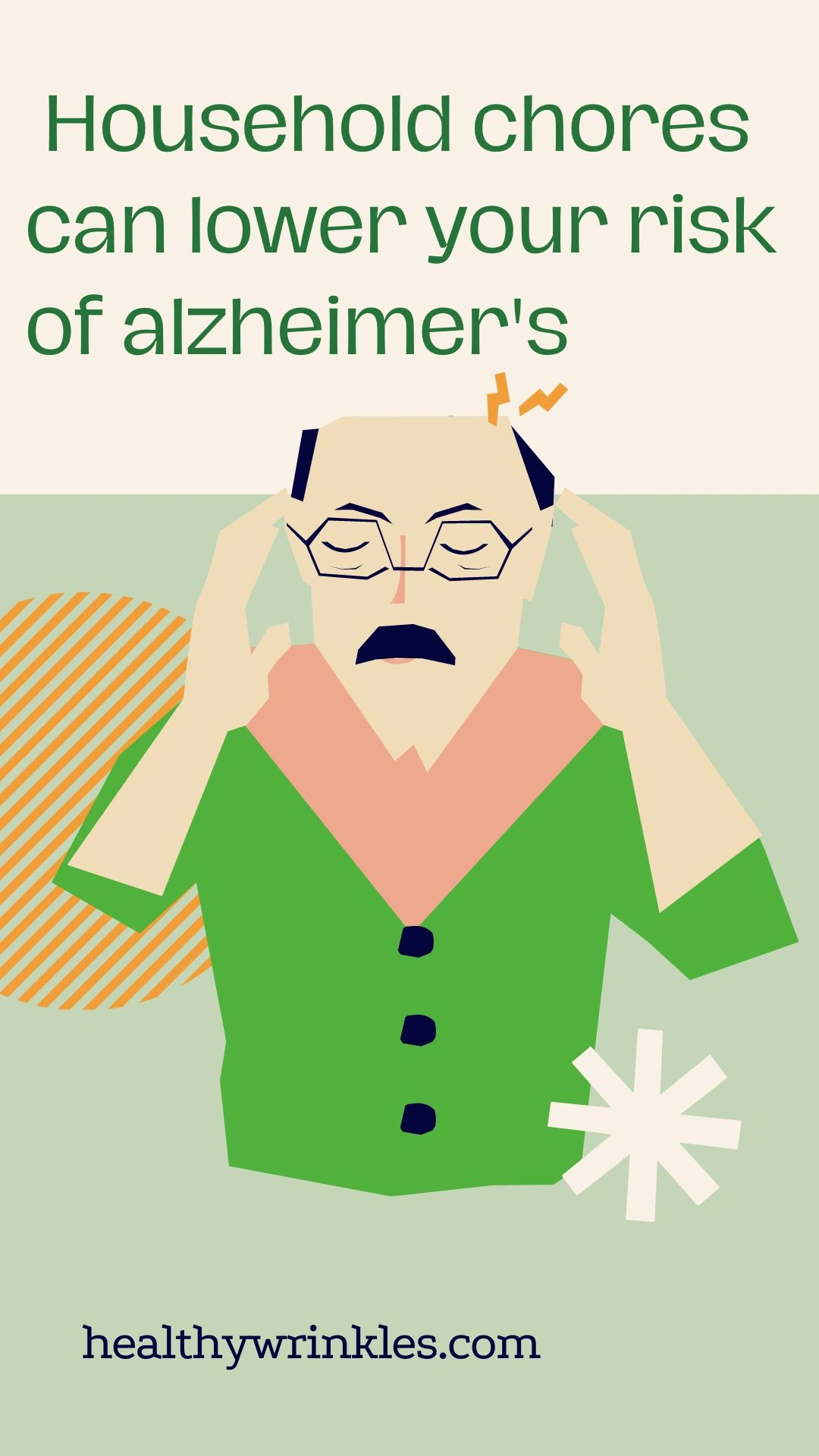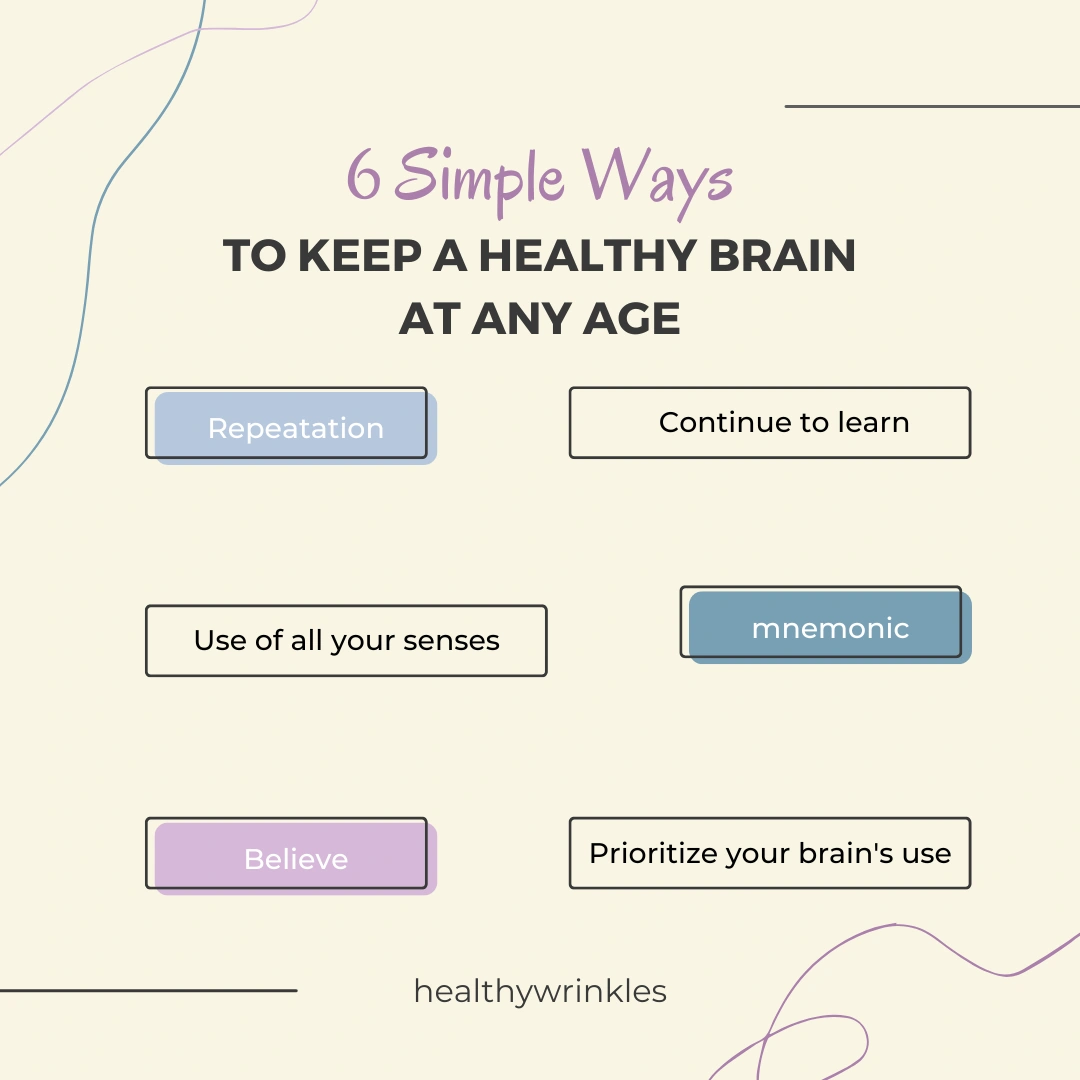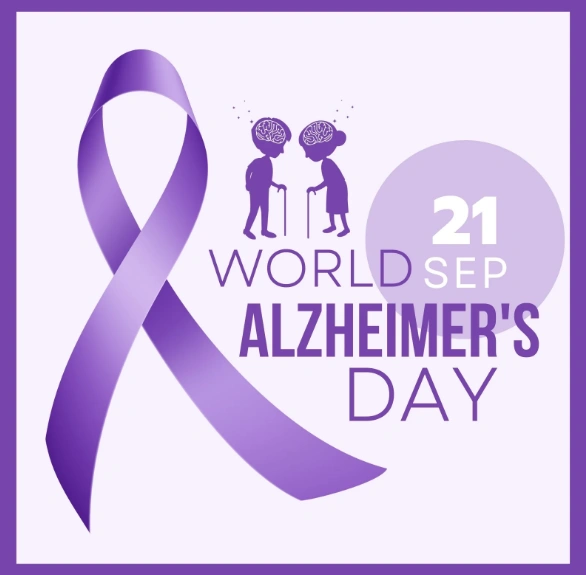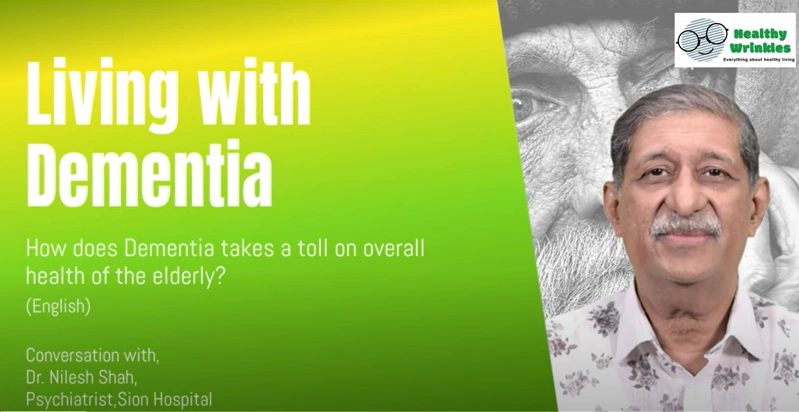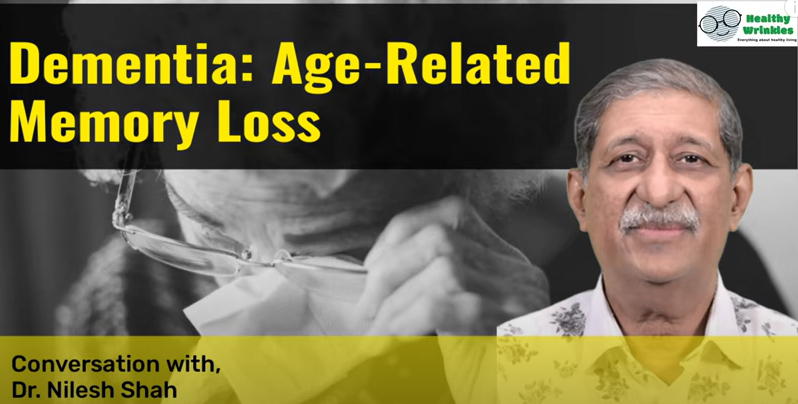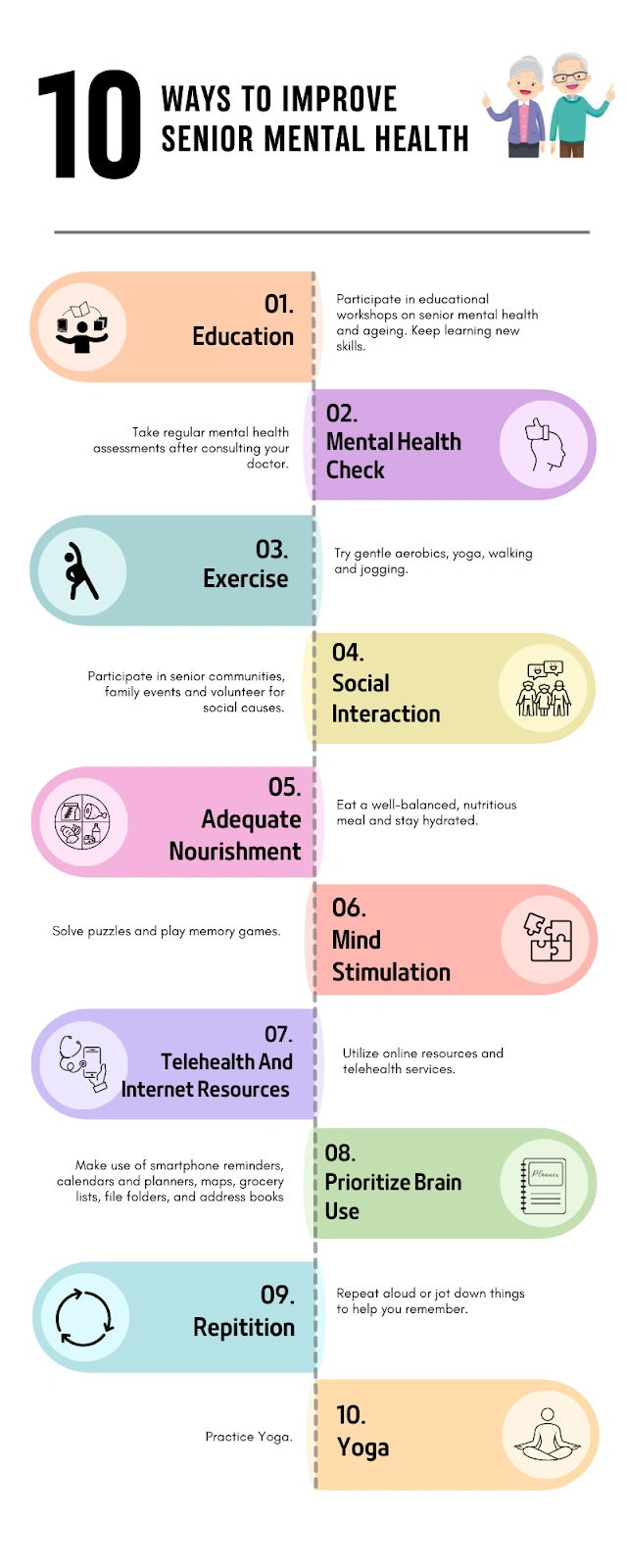Dementia FAQs
Is dementia just another term for Alzheimer’s disease?
No, dementia is not just another term for Alzheimer's disease.
Dementia is a broad, general term that refers to a decline in cognitive abilities severe enough to interfere with daily life. It encompasses various symptoms, including memory loss, impaired thinking, and difficulty with communication.
Alzheimer's disease, on the other hand, is the most common cause of dementia, accounting for 60-80% of cases. While all individuals with Alzheimer's have dementia, not all dementia is caused by Alzheimer's disease. Other types of dementia include vascular dementia, Lewy body dementia, and frontotemporal dementia, each with different underlying causes and symptoms.
What causes dementia?
Dementia is caused by damage to brain cells, which impairs their ability to communicate. This damage can result from various factors, including Alzheimer's disease, vascular issues (like strokes), abnormal protein deposits (such as Lewy bodies), and degeneration of specific brain regions.
What are the early signs of dementia?
The early signs of dementia include memory loss, especially forgetting recent events, difficulty finding the right words, disturbed sleep & wake cycle, appetite disturbance, confusion about time or place, difficulty with problem-solving or planning, and changes in mood or behavior, such as increased anxiety or depression.
If my mom or dad got dementia, will I get it as well?
Having a parent with dementia may increase your risk, but it doesn't mean you will definitely get it. Genetics play a role, especially in certain types of dementia, but lifestyle and environmental factors also significantly influence your overall risk.
How is dementia diagnosed?
Dementia is diagnosed through a combination of medical history, physical exams, neurocognitive tests, brain imaging (like MRI or CT scans), and blood tests to rule out other conditions. A specialist may assess memory, problem-solving skills, and other cognitive functions to confirm the diagnosis.
How does dementia affect the brain?
Dementia damages brain cells, disrupting their ability to communicate, which leads to a decline in memory, thinking, and behavior. Over time, affected brain regions shrink, impairing cognitive functions and daily activities.
Is dementia fatal?
Dementia itself is not fatal, but it is a progressive and terminal condition that can lead to complications and ultimately contribute to death. The decline in cognitive and physical abilities can result in serious health issues, such as infections or difficulties with daily living, which can be life-threatening.
How can I keep from developing dementia?
To reduce the risk of dementia, maintain a healthy lifestyle: engage in regular physical exercise, eat a balanced diet rich in fruits, vegetables, and whole grains, stay mentally active through learning and puzzles, maintain social connections, manage chronic conditions, and avoid smoking and excessive alcohol consumption.
